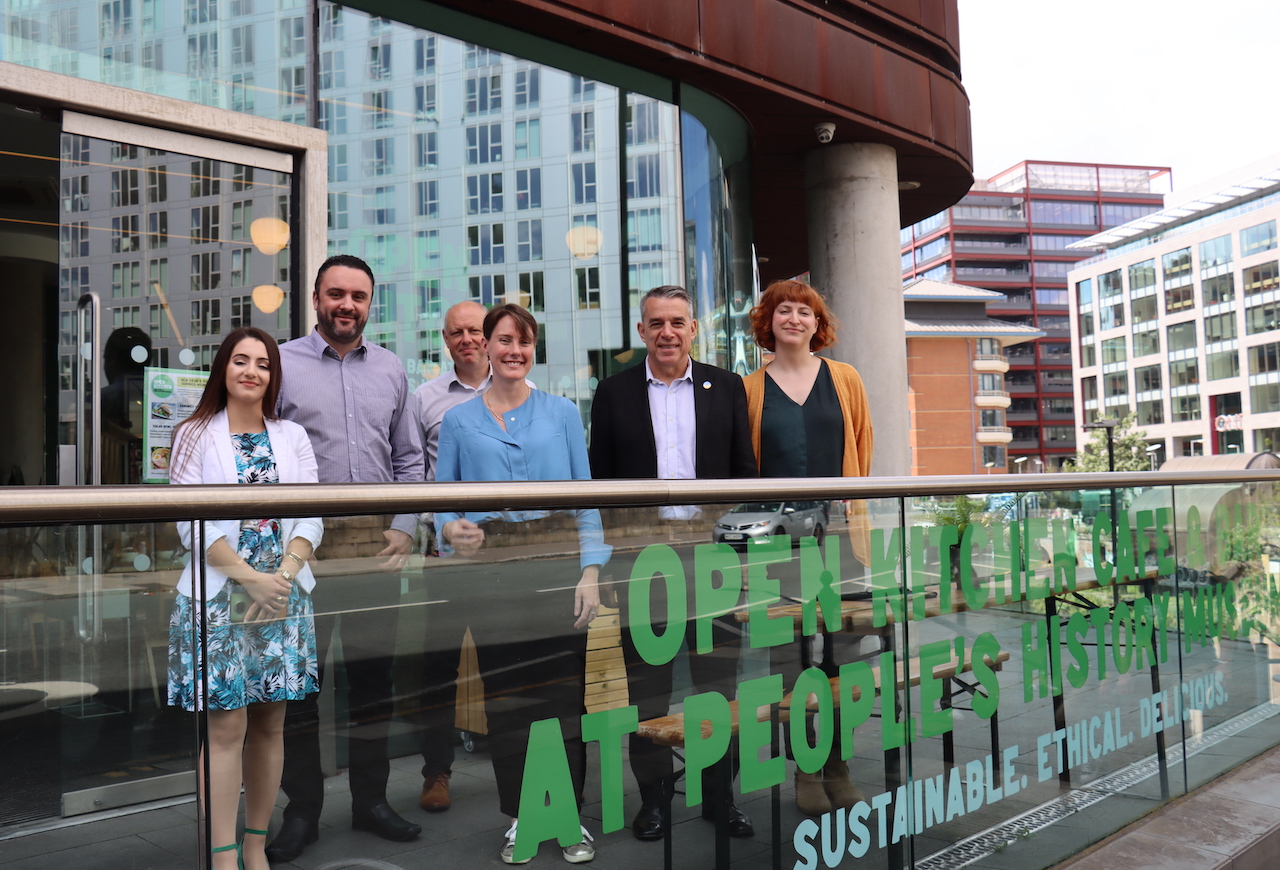According to estimates from the latest market survey by Big Society Capital, the size of the country’s social impact investing sector is now £9.4bn, with £1.8bn committed in 2022 alone.

Big Society Capital (BSC), the UK social impact investor, has today published its annual survey showing the amount invested into tackling social issues increased to £9.4bn (€11bn) in 2022, up from £7.9bn in 2021.
The social investor, capitalised from dormant bank accounts and investments from the four major UK high street banks – Barclays, HSBC, Lloyds and NatWest Group – has been surveying the size of the UK social impact investment market since 2016.
The latest survey shows a surge in social impact investment. In 2022 alone, £1.8bn was committed across 1,310 investments into projects that deliver measurable social impact such as affordable homes, community food banks and tech startups tackling mental health.
This means social impact investment in the UK has increased more than ten-fold since 2011, when it was £830m, to £9.4bn in 2022. Over this time more than 5,000 organisations have used the capital from social investment to deliver key services and support to communities throughout the country.
Stephen Muers, Big Society Capital CEO, said: “The continued growth in social investment in this challenging environment is welcome and demonstrates an increasing investor appetite for creating positive change to people’s lives.”

He attributes increasing investor appetite for social investment to three key drivers: “social investment offers a diverse portfolio of investments that provide resilient returns; the sectors where it invests all have strong long-term demand characteristics; and many investment areas like social housing are backed by government statutory funding making them resilient to macroeconomic forces.”
BSC survey highlights
- Investments into social and affordable homes increased by 35% in 2022, to £5.1bn.
- Social lending including bank, non-bank and charity bonds was up 6% to £3.5bn. There was a sharp increase in deals in 2020-2021 as a result of a high number of emergency COVID deals.
- The impact venture market was down 10% to £673m, a decrease which reflects wider trends in the venture investment market.
- Social outcomes contracts remain a small yet significant part of the market at £28m. The UK remains a leader in public service innovation, having launched 90 projects to-date tackling complex social issues including labour market inactivity, mental health among young people, criminal justice and national health service (NHS) backlogs.
Levelling up
The research also shows that social impact investment is increasingly reaching the areas that need it most, with 82% of organisations receiving social lending based outside London, and 62% targeted at the UK’s most deprived communities according to the IMD Index.
18% of the organisations surveyed were based in the northwest of the country. One of such organisations is Open Kitchen, a sustainable catering business in Manchester provides local people with meals and grocery parcels at a time when approximately 18% of the UK households are experiencing food insecurity.
Corin Bell, executive director at Open Kitchen, said: “There’s not a mainstream bank in this country that would have supported us as a small independent food and drink venture during the tricky economic climate of 2021 – so we simply wouldn’t be here if it wasn’t for Key Fund and its investors such as Big Society Capital.”
Another example of social investment benefiting local communities is the Greater Manchester Young Person’s Homelessness Prevention programme which uses social outcomes funding to work with 1,500 young people at risk of homelessness to stabilise their housing or find alternative accommodation.
Rachel O’Connor, programme manager at the project, said: “The funding model is completely innovative when compared to traditional public service commissioning, it gives us the flexibility to place the young person at the centre of everything we do.”
Call for more ‘no cost’ funding
Muers went on to sketch the size of future needs: “Evidence shows that significantly larger amounts of private capital are badly needed to help tackle social problems. The time is now for the government to build on this British success story and help unlock social impact investment at much greater scale – without spending a penny more.”
BSC believes there are three key ways the UK government can unlock this increase in investment without spending more. Firstly, by allocating a significant portion of its new tranche of dormant assets to social investment to maximise its impact; secondly, by innovating its approach to public service funding for complex social issues to harness more finance through outcomes partnerships; and finally, by using existing housing budgets to catalyse private investment into social homes.






